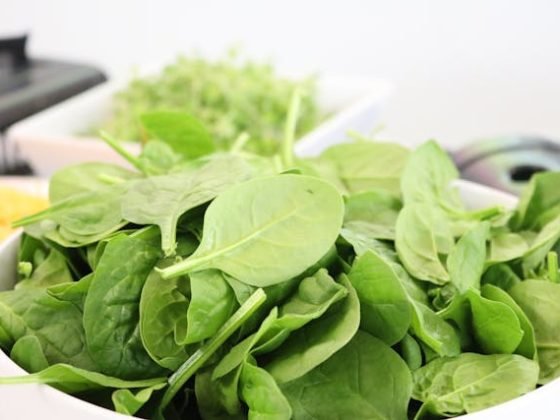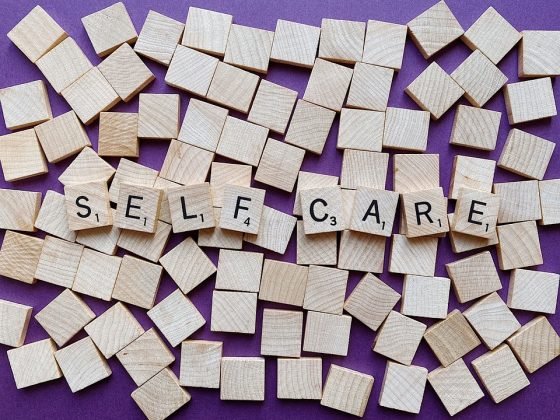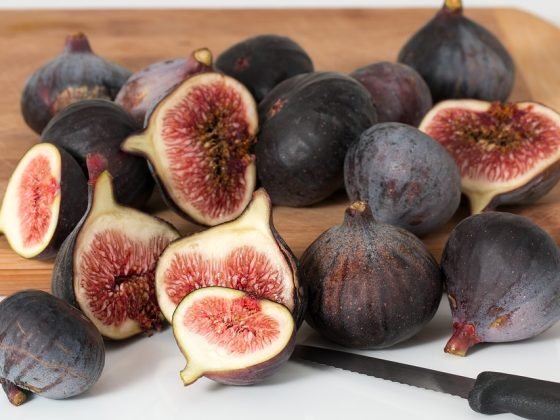Dos of a Balanced Diet:
1. Include a variety of fruits and vegetables in your diet: Fruits and vegetables are rich in vitamins, minerals, and antioxidants that are essential for good health. Aim to include a variety of colors in your diet to ensure you are getting a wide range of nutrients.
2. Choose whole grains over refined grains: Whole grains are a good source of fiber, vitamins, and minerals, while refined grains have been stripped of their nutrients during processing. Opt for whole grains like brown rice, quinoa, and whole wheat bread to get the most nutritional benefits.
3. Include lean protein sources: Protein is essential for building and repairing tissues in the body. Choose lean sources of protein like skinless poultry, fish, legumes, and tofu to reduce your intake of saturated fats and cholesterol.
4. Limit added sugars and processed foods: Added sugars and processed foods are high in calories but low in nutritional value. They can contribute to weight gain, diabetes, and heart disease. Limit your intake of sugary drinks, sweets, and processed foods to improve your overall health.
5. Drink plenty of water: Staying hydrated is important for overall health and can help control hunger and maintain proper body functions. Drink at least eight glasses of water a day and more if you are active or live in a hot climate.
Don'ts of a Balanced Diet:
1. Don't skip meals: Skipping meals can lead to overeating later in the day and can disrupt your metabolism. Aim to eat three balanced meals a day with healthy snacks in between to keep your energy levels stable.
2. Don't rely on supplements: While supplements can be helpful in certain cases, they should not be used as a substitute for a balanced diet. It is best to get your nutrients from whole foods whenever possible.
3. Don't eliminate food groups: Unless you have a specific allergy or intolerance, it is important to include all food groups in your diet to ensure you are getting a wide range of nutrients. Eliminating food groups can lead to deficiencies and imbalances in your diet.
4. Don't use food as a reward or punishment: It is important to have a healthy relationship with food and to eat mindfully. Using food as a reward or punishment can lead to emotional eating and unhealthy habits.
5. Don't compare yourself to others: Everyone's nutritional needs are different, and what works for one person may not work for another. Focus on listening to your body's cues and eating foods that make you feel good.
Tips for Optimal Nutrition:
1. Plan your meals ahead of time to ensure you are getting a variety of nutrients throughout the day.
2. Cook at home more often to have control over the ingredients and portion sizes of your meals.
3. Practice portion control by using smaller plates and paying attention to hunger and fullness cues.
4. Incorporate physical activity into your daily routine to support a healthy metabolism and overall well-being.
5. Seek guidance from a registered dietitian or nutritionist if you have specific dietary concerns or goals.
FAQs:
1. How can I tell if I am getting enough nutrients in my diet?
One way to ensure you are getting enough nutrients is by monitoring your energy levels, mood, and overall well-being. If you are feeling tired, irritable, or experiencing physical symptoms like hair loss or brittle nails, you may need to reassess your diet and make changes to ensure you are getting all the essential nutrients.
2. What are some common signs of an imbalanced diet?
Some common signs of an imbalanced diet include unexplained weight gain or loss, fatigue, digestive issues, and deficiencies in certain nutrients like vitamin D or iron. If you are experiencing any of these symptoms, it is important to consult with a healthcare professional to determine the underlying cause and make appropriate dietary changes.
3. Is it okay to cheat on my diet occasionally?
It is okay to indulge in your favorite treats occasionally as long as you are maintaining a balanced diet most of the time. Allowing yourself some flexibility in your diet can help prevent feelings of deprivation and promote a healthy relationship with food. Just remember to enjoy in moderation and get back on track with your balanced diet afterward.
In conclusion, a balanced diet is key to optimal nutrition and overall well-being. By following the dos and don'ts outlined in this article and incorporating the tips provided, you can ensure you are getting the nutrients your body needs to thrive. Remember that everyone's nutritional needs are different, so it is important to listen to your body and make dietary choices that work for you. If you have specific concerns or goals related to your diet, consider seeking guidance from a qualified healthcare professional to develop a personalized nutrition plan.











